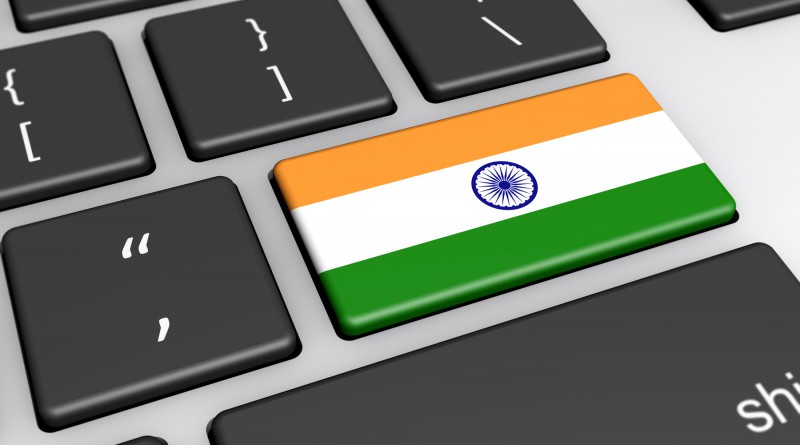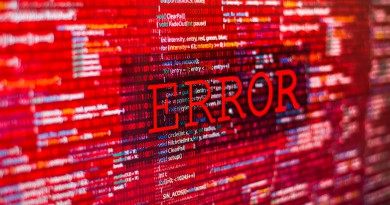How Cisco is Looking to Incorporate Security Systems in India
American network technology systems giant Cisco is providing an integrated architectural methodology in addressing the challenges India faces in terms of managing their cyber security.
Over the past months, two major websites in India were hacked: Jawaharlal Nehru University’s library website and Indian Railway’s Railnet microsite. The attackers vandalised the web pages with a message claiming to have intercepted the government’s web directory. It might not seem to be totally legitimate but the concerns about the vulnerabilities of India’s cyber infrastructure seem to be growing.
The Indian government has been pushing different initiatives for stronger cyber security – Digital India, Make in India, and Smart Cities – in an effort to increase the safety and security of their data and infrastructure.
Cisco believes it is time to shift to a more architectural approach in terms of government and private organisations’ Internet security, as a majority of India’s enterprises invest time and money in dealing with data security breaches. In a step towards that direction, Cisco acquired Sourcefire – previously tapped by the US government to integrate its technology into Cisco’s platform.
American network technology systems giant Cisco is providing an integrated approach in addressing the challenges India faces in cyber security.
Stephen Dane, Cisco’s managing director for the global security sales organisation of Asia Pacific, Japan, and greater China, echoed the same sentiment, “In the past customers have defended themselves by buying lot of technology solutions from many different vendors and that hasn’t served them particularly well. It has created lots of complexity and therefore cost of operating those different vendors is high and has a relatively low effectiveness.”
Dane added that he does not think that the main role of security companies like Symantec or Fortinet will be negatively affected, “we have an opportunity to help customers to reduce the number of vendors by creating a platform-placed approach. This will help them to reduce the hardware within existing infrastructure and the interfaces that operations guys and analysts use.”
The concept of Internet security has been changing all across the world; moving away from just firewalls, patterns, network perimeters, and application perimeters. The old thinking of anything within a firewall is good and anything outside of it is band, and the network as a perimeter is steadily waning. Companies focus their attention more on the continuous monitoring of the cyber-infrastructure for predicting things ahead of the curve. On that note, companies like Symantec and FireEye make use of dedicated solutions geared toward businesses and governments. Cisco stated that it has been acquiring security space over the past several years – especially in threat-centric security.
“We have technologies across three areas in terms of firewalling, identity services engine and email, and web security capabilities; and then we also have technologies like advanced malware protection which has the ability to detect the file as it goes into an organisation which is what companies like FireEye does by putting into the sandbox and exploding it,” Dane said.
Awareness levels concerning Internet security have definitely risen, especially since Edward Snowden leaked a myriad global surveillance records – leading governments to debate on data security and privacy, while finally concluding on data localisation and taking steps to fortify their Internet and data security.
While the potential of incorporating security systems in India is exceptionally high, it still has its downside. A Cisco employee said, “If you have a centralised system like Cisco has in Australia and Singapore, where it gets lots of data and analyses it… getting the same set of skills and people is going to be a challenge. The other way to look at it is that the confidence level of the customers goes up because they are confident that their data is within the country and not going outside. So the capability to start opening up more and more stuff to the Internet and to the people starts to increase.”
Dane suggested that the government must start defining the cyber-security strategy to enable digital India to push through. “Our expectation is that the government will look at cyber-security as a particular area to legislate on. I believe this will have a big impact particularly at the board level around how important security is seen through them because in the US that is certainly happening. We have not actually necessarily stopped many of the massive breaches but the disclosure element really forces the business holistically, and from the top to consider security as accountability.”
Comprehensive multi-device protection for you and your family for up to 6 PCs, Macs, Android, and iOS devices. For more info click here.







